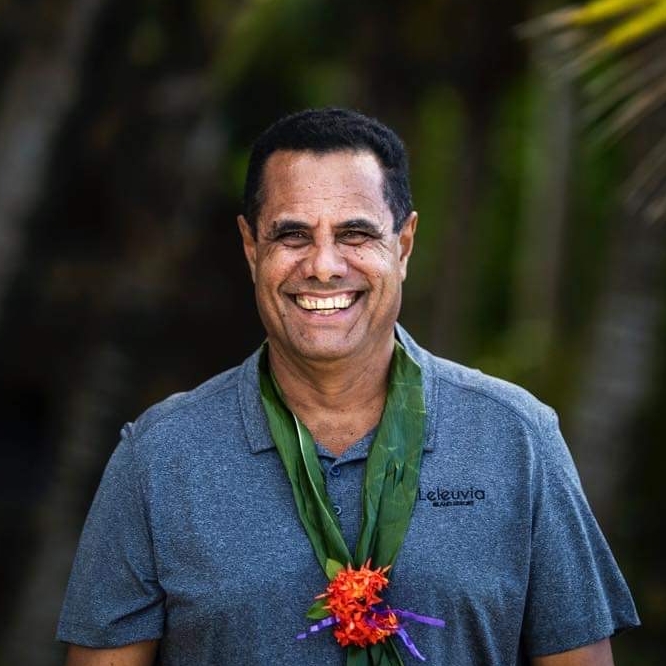As the year draws to an end, Pacific leaders will look to the success of regional détente with some satisfaction. Kiribati and the Marshall Islands have drawn global attention to climate change and rising sea levels, Papua New Guinea and Nauru have become major players in the processing of asylum seekers. Across the region, leaders have met and discussed matters of mutual interest with the heads of the three of the world’s largest economies – Indonesia, India and China. Just last month regional leaders gathered in Fiji for multi-lateral talks – first with India’s Narendra Modi and days later with China’s Yi Jinping in an unprecedented flurry of diplomatic activity. Earlier in the year they gathered on the island resort of Denarau for bilateral talks with Indonesia’s Susilo Bambang Yudhoyono. Much has been made of these visits and the gains made at local and regional level.
In Fiji the visits have been touted as recognition of the government of recently elected Frank Bainimarama. Further abroad these visits are seen as recognition of the region as an important asset in global geo-political relations. In the euphoria of the events, however, many fail to see the gradual move made by Fiji to become a major player in world politics. It is a move which could see this long-time regional hub take over the Big Brother status enjoyed for so long by Australia. Addressing Fiji’s Parliament, Modi said the country of just under a million people could be a hub for India. Already India has opened a US$75million line of credit for Fiji and promised technical support in education, agriculture, energy and rural development. And more assistance is likely to come over the years.
…..to read more buy your personal copy at
